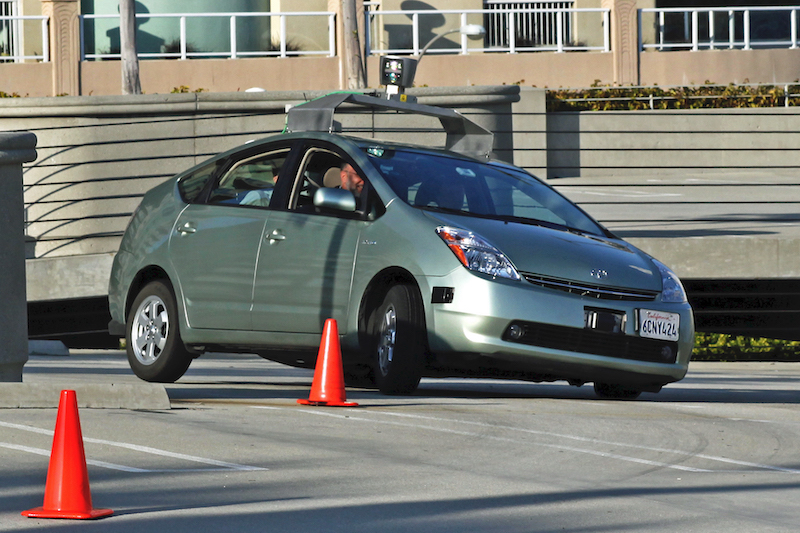
The U.S. Department of Transportation’s National Highway Traffic Safety Administration (NHTSA) is seeking public comments for a potential “framework of principles” to govern how Automated Driving Systems (ADS) will behave in the future.
“This rulemaking will help address legitimate public concerns about safety, security and privacy without hampering innovation in the development of automated driving systems,” said U.S. Secretary of Transportation Elaine L. Chao.
To date, DOT has taken a self-regulation approach to autonomous vehicles without issuing legally binding standards and regulations. The laisse faire policy has brought criticism from the National Transportation Safety Board (NTSB) and safety advocates.
The agency has said that a new generation of safety standards should be based on data from industry so manufacturers of vehicles, sensors, software and other autonomous vehicle technology have “sufficient flexibility to change and improve without the need for frequent modifications to the regulations.”
At this stage, DOT is focusing on four critical functions an ADS must perform in real time: sensing, perception, planning and control. In trying to balance public safety and innovation, the agency wants comments on its own role as well. The proposed rulemaking documents address unreasonable safety risks by using the agency’s existing defect-investigation and remediation powers.
Public comment is a critical ingredient in determining possible regulations. But that process takes years and could be changed by the incoming administration of President-elect Joe Biden. The 60-day comment period will expire about the time of Biden’s scheduled inauguration, leaving many industry advocates wondering why, despite their collective urging, the Trump Administration waited so long to act.
Jason Levine, executive director of the nonprofit Center for Auto Safety, called the administration’s timing “strange.” He told the Associated Press that his organization pressed DOT to develop autonomous vehicle regulations two years ago but heard nothing. “The optimistic way of looking at it is the DOT finally decided that a zero oversight of the self-driving car industry was a bad idea,” he said.
Photo credit: Steve Jurvetson/Flickr

